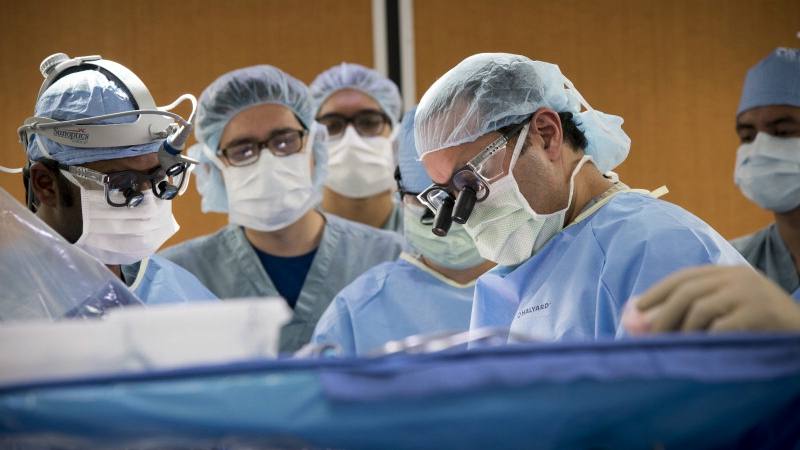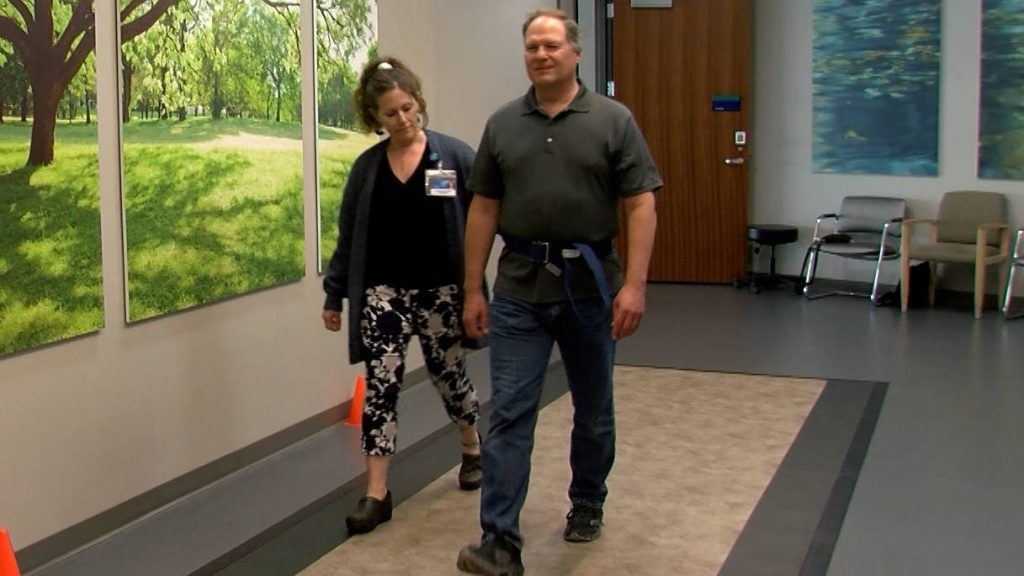




Check out a few of the most popular News Network stories on @mayoclinic social media this past week.
Mayo Clinic Minute: Benefits of an active workstation
Mayo Clinic research shows that using an active workstation can help you move more and think better at work — without affecting your job. Sitting too much at work or home can increase your risk of certain diseases. Dr. Francisco Lopez-Jimenez, a Mayo Clinic cardiologist, says using active workstations boosts brain power and can cut down on sitting time.
Mayo Clinic Minute: The link between heart disease and stroke
Every 34 seconds, a person in the U.S. dies from a cardiovascular disease, according to the American Heart Association. Together, heart disease and stroke account for more than 58% of cardiovascular disease deaths. Dr. Stephen English, a Mayo Clinic neurologist, says atrial fibrillation, a type of heart disease causing an abnormal heart rhythm, contributes to nearly 20% of stroke cases.
Mayo Clinic Minute: Types of brain tumors and treatments
A brain tumor can significantly affect a person's quality of life, not just length of life. There are different types of brain tumors and ways to treat them that a healthcare team may consider. Dr. Alfredo Quiñones-Hinojosa says treatment can include surgery, chemotherapy, radiation therapy or a combination.
Mayo Clinic Minute: Testing gait to help in early diagnosis of neurodegenerative disease
How does your gait — or how you walk — relate to your brain health? Considerably, says Dr. Farwa Ali, a Mayo Clinic neurologist who specializes in movement disorders. The hope is that early diagnosis of gait and balance problems will lead to better treatment and outcomes for patients with degenerative brain disorders.
Mayo Clinic Minute: What is this bright red birthmark on my baby?
A hemangioma, also known as a strawberry birthmark, is a bright red birthmark that appears in the first or second week of life. Although technically tumors, parents shouldn't let that name or their stark appearance worry them. Dr. Megha Tollefson, a Mayo Clinic pediatric dermatologist, explains what caregivers should know if their child has a hemangioma.







